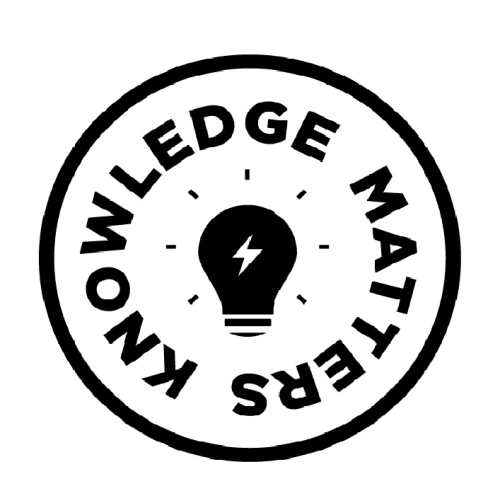What To Do When Nazis March? Whatever We Can
Hate speech is a special kind of evil. It doesn’t commit acts of violence, but it’s a vital part of inciting the anger leading to violence. Just in the past century, Lenin, Hitler, Stalin, Mao, Pol Pot, and select others provided excellent examples of the power of words to lay the groundwork for unspeakable horrors. They talked the evil talk in a way that inflamed the hearts of the individuals who would do the dirty work of genocide.

The unfathomable question is why that rancid soft spot lurked in those hearts in the first place? Is it true that there’s evil in ALL men and all it takes is an especially talented whisperer to call each of us to murderous acts?
So another tiny squadron of Nazis marched again, this time in Charlottesville, Virginia, with torch-bearing Ku Klux Klansmen. And while only a few hundred showed the nerve to assemble in public, we know that untold hundreds of thousands of Americans are with them in spirit. Polls tell us as much. It’s also plain to see that President Trump has shown real talent for speaking to that heart of evil. White nationalists, racists, and anti-Semites see him as kin. Even so, it’s the silent sympathizers in the United States that are most disheartening, because they are reminiscent of the everyday Germans in the 1930s and 1940s who turned a blind eye to the steadily worsening dehumanization of Jews leading to Auschwitz-Birkenau. History has shown repeatedly that silence and passivity amount to complicity.
Instinctively, we condemn the words of our president, but we also know how ineffectual our condemnation really is.
In my years at Foreword, I’ve written reviews of a dozen-plus books on the Holocaust, Nazism, and other WWII / Jewish history topics. I remember all manner of horrifying details about roundups, night trains, SS brutality, Stangl, Himmler, Göring, Zyklon B, and the like. I choose to write about these books. I can’t help myself. I don’t know why the subject speaks to me like no other.
Actually, I do know why. Here’s a few words from my review of a recent University of Toronto Press book that profiled a couple dozen allied troop members who helped liberate the notorious Bergen-Belsen camp and its sixty thousand prisoners in April 1945.
Mark Celinscak’s Distance from the Belsen Heap (978-1-4426-1570-0) offers the unique and haunting perspective of the language, metaphors, and narratives of many of [those] Canadian and British eyewitnesses—virtually all of whom held the belief that “camp“ meant a “work“ facility for political prisoners, not a murderous hellhole of starvation, disease, and violence: “What was now present before their eyes was previously unthinkable … a world men felt totally unprepared and unequipped to grasp,“ writes Celinscak. “Most of the inmates in Bergen Belsen had been systematically starved, most to death or near death … 35,000 people had died between January and March 1945 … In the final days of German control of the camp, there was no water or food. Sanitation facilities were non-existent. Disease and infection were rampant.“ Shockingly, another fourteen thousand died after the camp was liberated.
God help me. And to think, President Trump sympathizes with the “fine people” who marched with the latest generation of Nazis, ideological architects of such horror. He used his platform, his evil gift for words to encourage anti-Semitism to once again crawl out of its dark hellhole. We know he’s not a history buff, far from it, but if he had skipped his tee time yesterday afternoon to read Distance from the Belsen Heap or another Holocaust project, I’d like to think he might have hesitated before he tweeted his both-sides-are-to-blame bullshit.
As a writer, I dream of changing and opening minds, of writing something so compelling that someone who only saw darkness in the world, now sees light. I also know the evil spawn of neo-Nazism seems only capable of hearing other like-minded voices. There isn’t a chance in hell that a skinhead or Klansman will stumble upon one of my reviews in their cave Googling and then proceed to buy a book detailing the evil they celebrate.
So why write about this stuff at all? Because it’s the single most important issue of our time, of all times. We must do what we can do.

Matt Sutherland is Editor In Chief at Foreword Reviews. You can e-mail him at matt@forewordreviews.com.
Matt Sutherland
